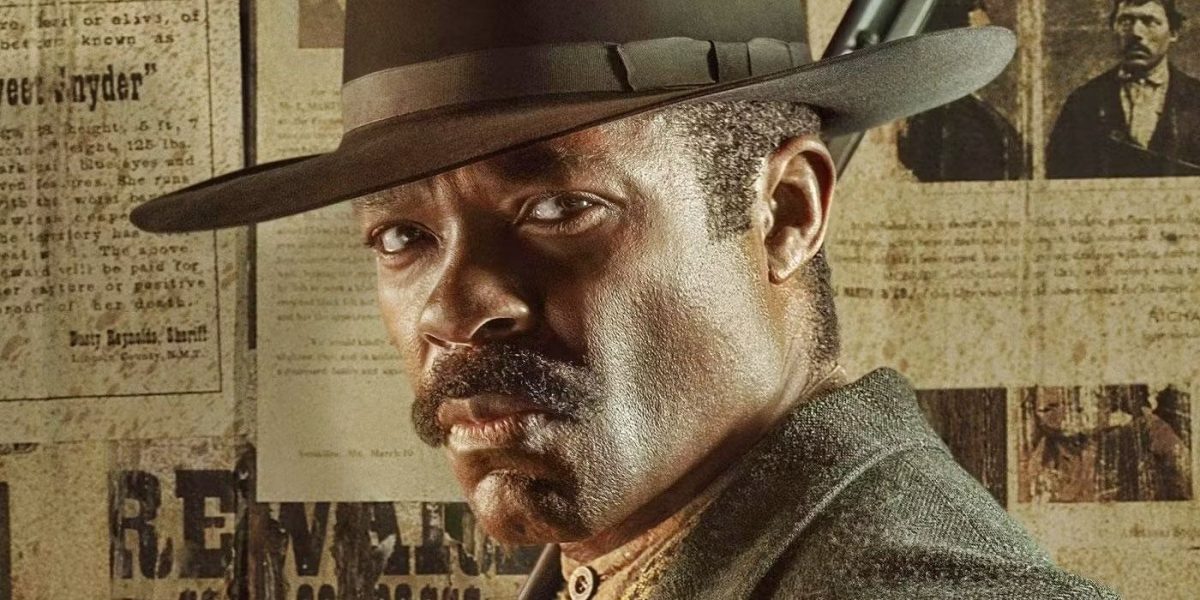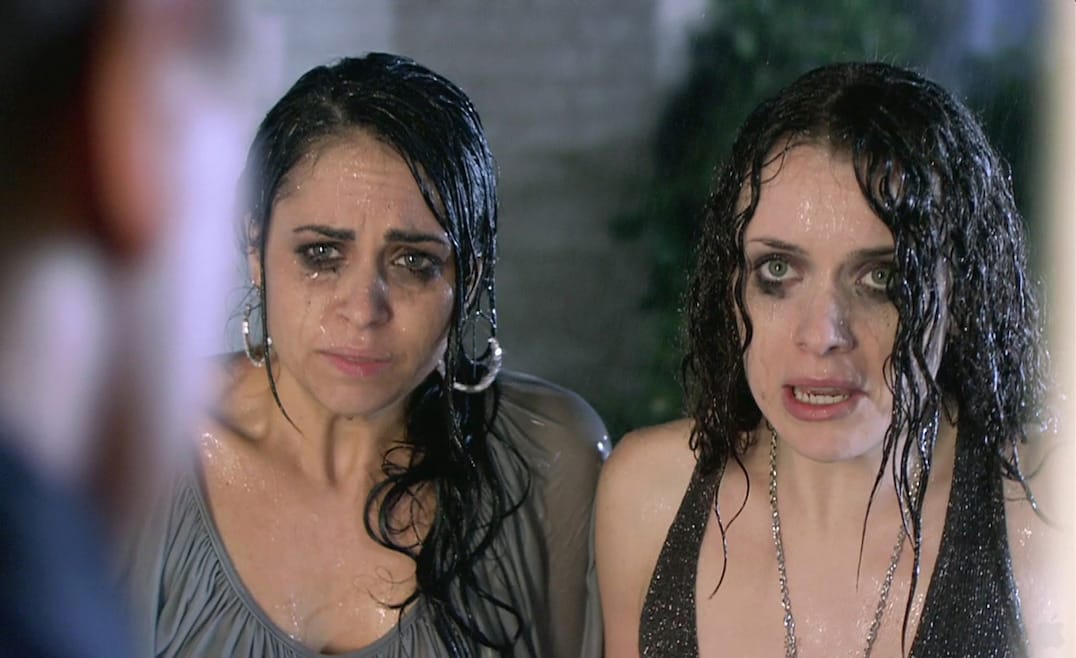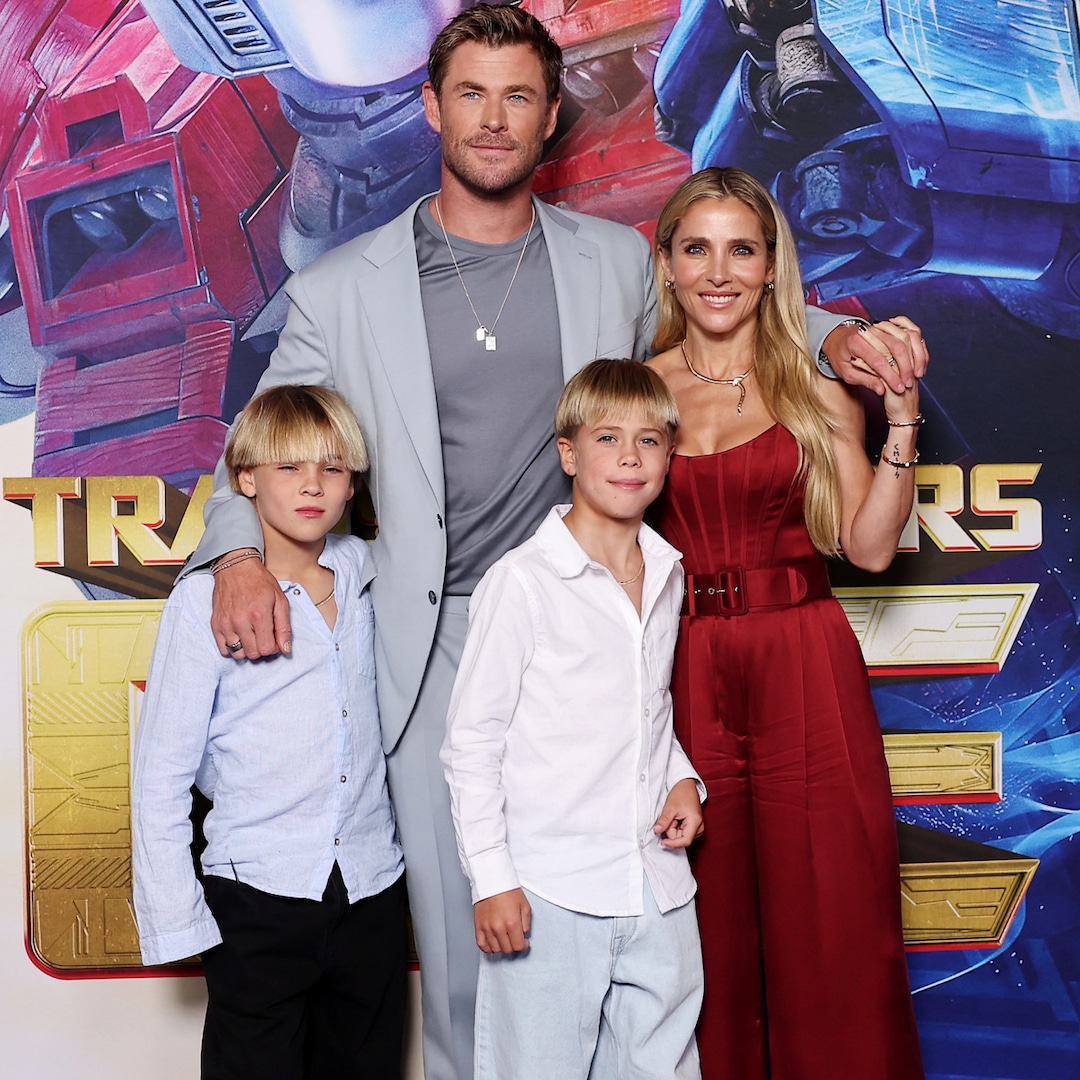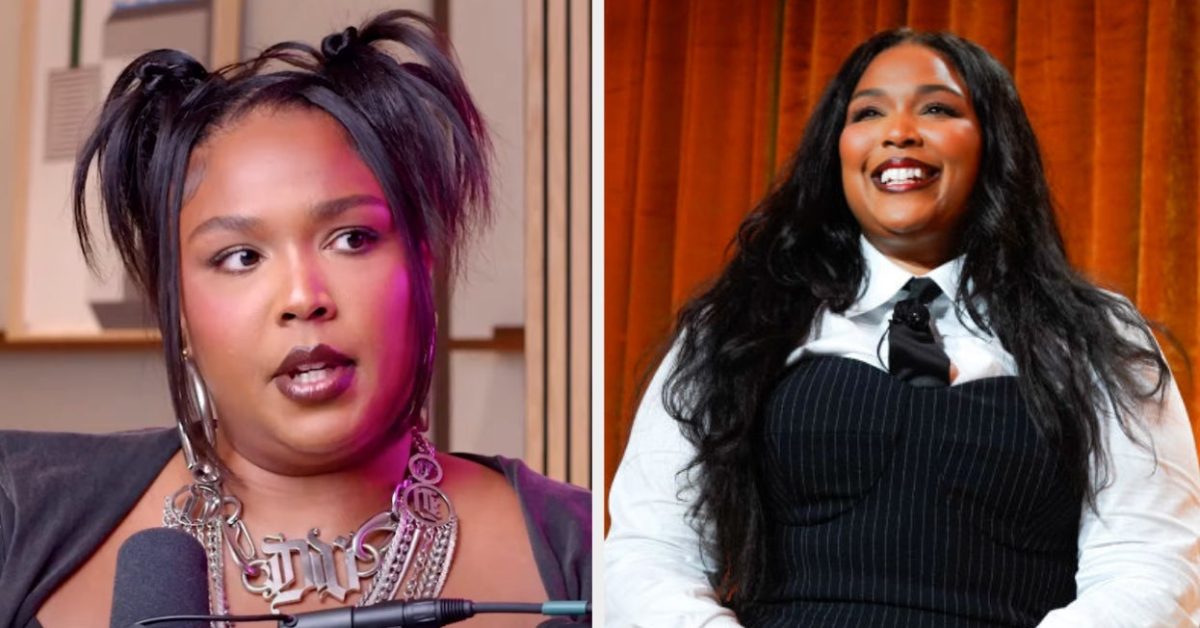
Bass Reeves’ Ending Explained by David Oyelowo
Dec 21, 2023
Editor’s note: The below interview contains spoilers for the Lawmen: Bass Reeves finale.
The Big Picture
Lawmen: Bass Reeves is a passion project for David Oyelowo and has become the most streamed series on Paramount+ this year. The final episode sees Bass Reeves at peace with his past and reuniting with his family at home. Oyelowo discusses the long journey to adapting the story, adjusting his performance as the character ages, and the complexities of playing a Black man deploying justice in a system that perpetuates injustice.
Lawmen: Bass Reeves has been a passion project for its lead actor and co-producer, David Oyelowo, for quite some time now. With the legendary story of the first Black Deputy U.S. Marshal all but tailor-made for television, all it needed were the right voices to make it happen. Thanks to creator Chad Feehan and executive producer Taylor Sheridan, Oyelowo’s long-held dream was brought to reality in the first installment of a planned anthology series, met with critical acclaim, and has ultimately become the year’s most streamed series on Paramount+.
Lawmen: Bass Reeves finally aired its finale this week, with a climactic showdown between Bass (Oyelowo) and one of his longest-standing foes, Esau Pierce (Barry Pepper), culminating in a victory and the definitive vanquishing of the infamous “Mr. Sundown.” Even though Bass has spent so many years apart from his family as a result of his deadly responsibilities, the final moments of the episode see him returning home and reuniting with his wife Jennie (Lauren E. Banks) and their children, ultimately at peace now that he doesn’t have the biggest part of his past haunting him. In the wake of the finale, Collider had the opportunity to speak with Oyelowo about the meaning of that last scene — both for Bass Reeves and for the show — as well as why they chose that moment to end on. The actor also discusses the long journey to turning his “obsession” with Bass Reeves into an adaptation, how he adjusted his performance to account for different stages of the character’s life, what he enjoys about playing in the “gray areas,” and more.
Lawmen: Bass Reeves Release Date November 5, 2023 Creator Chad Feehan Main Genre Western Genres Drama , Western , Biography Seasons 1
David Oyelowo’s Bass Reeves Project Took Years to Make Happen
Image via Paramount+
COLLIDER: I understand that an adaptation of Bass Reeves’ life has been something that you’ve been involved with trying to make happen for a while. I would love to know about the long journey of bringing this story to the screen, and when you knew that you wanted to do a project like this in some form.
DAVID OYELOWO: It began in 2014 when a producer named David Permut approached me with the project. At that point, it was a question of: Should it be a film? Should it be a TV show? But I knew nothing of Bass Reeves. Very quickly, I became confused as to why I didn’t know more about Bass Reeves, given the fact that his Wikipedia page read like a movie, let alone when you did an even deeper dive.
The best way to describe it is obsession. The obsession with telling the story began then, because I just felt like, gosh, these events happened 150 years ago and no one has told this story yet. I cannot believe that it might be me who gets to be a part of this. Very quickly after having that initial rush of enthusiasm and we started going out with the project, I was confronted with why this had been such a hard project to get off the ground.
There’s a reason why we know less about Black cowboys than we do white cowboys. There’s a reason why this history has been hidden, if not insidiously erased. There is something so aspirational about the Black cowboy, let alone someone like Bass Reeves, that I just think plain and simple, there are folks who find that threatening, and they don’t want to see that story made or told. It’s the only explanation why in 100 years of cinema and then the intervening years of TV we haven’t seen this guy centered in his own narrative. That’s where the journey and the desire for telling this story began.
I remember watching this thinking, as many of those other portrayals as I’ve seen, I cannot imagine anyone but David Oyelowo playing this character. It just felt like such a great marriage of character and actor in so many ways. Along those lines, I wanted to ask you about finding the voice of the character in the show. You’re playing him at different points in his life, and you’re modifying to account for the passage of time — there’s more grit in his voice, a more weathered quality towards the end of the show versus when we meet him in his beginnings as a slave.
OYELOWO: That’s one of the gifts presented by doing eight episodes as opposed to a movie, by getting to do 15 years of his life as opposed to a specific episode in his life. Especially considering how tough of a life these guys and these folks lived back then, you had to find ways to illustrate, as you say, that weathering quality. You cannot go from enslavement to escaping and living with Native Americans, having a failed career as a farmer, and then going into the truly devastatingly dangerous life of a Deputy U.S. Marshal in the Indian Territory — deemed to be the most dangerous place certainly in America at the time — and that not have an impact on your body, on your disposition, on your voice.
We worked hard on trying to illustrate that in ways that hopefully don’t call too much attention to themselves, but are innate in terms of the character. Because he goes from being in his early twenties, mid-twenties, to his late thirties. People aged differently then. You can have people in their fifties walking around looking like they’re in their thirties these days. That was not the case back then. You could tell, they wore those years. For myself and Denise Woods, my dialect coach, and from costume to makeup to hair, there were so many components that went into trying to subtly chart the trajectory of the character as he goes through this tough life we see played out over the eight episodes.
David Oyelowo Enjoyed the “Gray Areas” of Playing Bass Reeves
Image via Paramount+
For Bass, though, his occupation is a unique struggle, and it’s something that we see him wrestle with — that he is a Black man working within a system that is essentially perpetuating white supremacy in a lot of ways. What do you enjoy about getting to delve into those emotional intricacies, the aspects that make someone like Bass a more complex character, those gray areas?
OYELOWO: You’ve hit on it there between what you said about him being a complex character and the gray areas. As an actor, if our job is to hold a mirror up to humanity, complexity and the gray areas are pretty good definitions of who we are as people. Then you add on top of that the pressures on this particular character. For an actor, to me anyway, that’s the stuff. That’s where you get to really exercise your storytelling ability.
But it’s also the thing that I personally, as a man, deeply admire in that man is the fact that he was able to somehow — having come out of the most abject oppression, you are enslaved, you are forced to fight against your own best interests on the side of the Confederacy in the Civil War. You have only a history when it comes to white people in your life of oppression, subjugation, marginalization, abuse. And now, you are going into a circumstance and a situation whereby you are being deployed by a white man in power to have the ability to arrest white outlaws who want to turn the clock back to a period where you were enslaved. That is as interesting a pretzeling of a human being as I think I have had the opportunity to play, in terms of: how do you navigate this whilst also being a father, a husband, a man of faith, when you have been subjected to so much injustice by the very system that is now deploying you to be a champion for justice?
So it’s just an incredibly interesting terrain to explore, and I just feel very fortunate that we had eight episodes within which to do it. A movie, as wonderful as that would be in its own way, I just don’t think you’re able to truly mine all of this without it being this level of time for both us as the storytellers and as the audience to sit within this.
Related ‘Lawmen: Bass Reeves’ Creator Says the Series Leaves Room for More “Should There Be an Appetite” Chad Feehan discusses filming on location in Texas, working with David Oyelowo, and Taylor Sheridan’s “God-given gift of storytelling.”
You mentioned Bass as a husband and father, and I think the relationship between Bass and Jennie has its ups and downs and struggles, especially with his occupation often taking him away from the family for long stretches of time. But there’s also this underlying sense that these two are going to remain committed to each other. They’ve already been through so much and this is something that they can navigate. How did you navigate through the intricacies of that dynamic alongside Lauren [Banks]?
OYELOWO: In the development stage, myself and our showrunner, Chad Feehan, talked a lot about what we wanted to leave the audience with. I always felt that I didn’t want this show to purely be a show that lovers of Westerns like. That’s a sizable audience, but it’s still a smaller audience than I, personally, wanted to reach with this story. We hit upon the idea of centering the show not only around a family but around a marriage. The relatable quality that we felt and found was: how does this guy juggle the work-life balance? He has a wife he loves, he has kids, and he has this very dangerous job that means he’s out on the road for days if not weeks at a time, and he’s in love. The tension of the show is: how often and how successfully can he get back to his family? That’s the framing mechanism for the show.
As a happily married man with four kids myself, that’s something I deeply relate to. I think a lot of people, whether they aspire to have a family, have a family, have been part of a family, will understand that that is a challenge that you are largely failing or succeeding at a lot of the time, certainly in modern life. That’s the relatable element. The universal is found in the specifics, so you have the specifics of the cultural, historical, racial component, but the universal way in, I think for an audience, is the family. That’s why we really focused on that.
David Oyelowo Explains the Choice Behind the Show’s Ending
Image via Paramount+
Speaking of what to leave the audience with, the ending of the show finds Bass returning home to his family, and the final scene is him walking out to them all in the field together. It just feels like such a lovely, hopeful note that wraps up the end of his story. He’s buried his ghosts, and he’s put that part of his past to rest. Were there conversations about any other potential endings, and what influenced the decision to land on this one? Was it wanting to come back to that overall theme of the importance of family?
OYELOWO: It’s a great question because, for us, it was: how does one stick the landing in a satisfying way in relation to the story? In the world of modern television, you don’t know if you’re going to be telling more of Bass Reeves’s story going forward. Paramount, I should say, have chosen to have this as an anthology called Lawmen, which I think wonderfully means that there are going to be other lawmen that will be explored. Hopefully, those who, like Bass Reeves, have unfairly fallen out of history and have interesting stories that are worthy of being explored and platformed to an audience. But in wanting the thing in and of itself to have a satisfying conclusion, that was part of the thinking, I feel.
But also, what’s the arc of transformation? What’s the arc of resolution — not just for Bass, but for Jennie as well? In the first episode, you see this man who is in love with this woman. At that moment in the first episode, the idea of them being together, having a family, having a life together, seems impossible. That was a reality for so many Black people at that time. Their love, their possibility of having a family is benefited by a period and a moment in time where slavery was ending. The empowerment of Black people was going to be enabled through Reconstruction, it allowed them to build something. But in the middle of that is a ton of pressure.
Right at the end, you have this man who has built a life, a family, a home with this woman, and through so many dangerous circumstances, they have found their way back to each other. That feels like a satisfying conclusion, whether there’s more Bass Reeves stories to be told by us or for people who are interested in him, to know more about him. It doesn’t shortchange the fact that this guy went on to have a life, and a very dramatic and continually challenging and exciting and interesting life. That ending felt like the best way to not shy away or shortchange any of those things.
I know that it’s a planned anthology show, but I’m also hearing you say things like, “There are more stories to be told.” And so I suppose that just leads me to ask: if the opportunity arose for you to don the hat again, would that be an easy yes for you?
OYELOWO: There’s no point doing another season if you’re not going to top this one. It feels like, in relation to the audience, the bar has been set incredibly high. The circumstances would have to be very specific in order for that to be the case. But in the meantime, the fact that the show has created room hopefully for there to be other, even lesser known, but equally fascinating characters to be platformed, and given this level of production value, I think we’ve set a certain level of expectation for the audience now and from the audience now.
My calling, the thing I feel most passionate about, is normalizing the marginalized. I just want to see these stories that, for a bunch of insidious and problematic and prejudicial reasons, we haven’t seen be given life and light. If that’s the by-product of this, job done. As I say, the circumstances under which there would be more Bass Reeves are quite specific, and so we’d have to see if those arise. But in the meantime, I’ll take the W, as my kids would say.
Lawmen: Bass Reeves is currently available to stream on Paramount+.
Watch on Paramount+
Publisher: Source link
It's Time For The Ultimate "Would You Rather": Hot Guys Vs. Christmas Food Edition
Decisions, decisions.View Entire Post › Disclaimer: This story is auto-aggregated by a computer program and has not been created or edited by filmibee.Publisher: Source link
Dec 28, 2024
Chris Hemsworth and Elsa Pataky Share Rare Photo with Their 3 Kids
Chris Hemsworth’s family Christmas is truly something to marvel over. In honor of the holiday season, Elsa Pataky shared a photo featuring her, her husband, their daughter India, 12, and twin boys Sasha and Tristan, 10. The Fast and Furious…
Dec 28, 2024
"All Of This Came Out Of Nowhere": Lizzo Publicly Responds To Sexual Harassment Lawsuits After Being Dismissed From A Case
"We're continuing to fight the other claims."View Entire Post › Disclaimer: This story is auto-aggregated by a computer program and has not been created or edited by filmibee.Publisher: Source link
Dec 27, 2024
This Fan-Favorite Elf Quote Almost Didn’t Make It Into the Film
11. Determined to maintain the old school aesthetic, Favreau told Rolling Stone he didn’t want to make the film “a big CGI extravaganza," only using the technology to add some snow. “I like motion-control, models, matte paintings,” he explained. “It…
Dec 27, 2024











